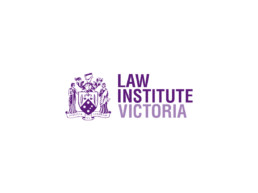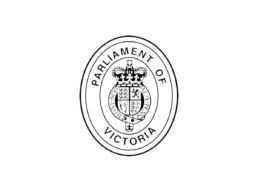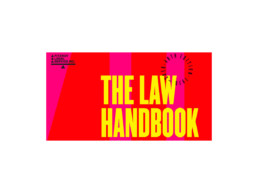MARKE v Victoria Police
31 August 2018
Police Accountability in Complaint Mechanisms and Australia Civil Litigation
1 December 2017
The most accessible avenues for holding police accountable are complaint mechanisms and civil litigation. Complaints against police come from a wide sector of the community and can range from concerns over the use of foul language to more serious cases of assault perpetrated by officers against individuals.
IBAC defends record on police complaints [Law Institute Journal]
26 October 2017
Independent Broad-based Anti-corruption Commission (IBAC) general counsel Dr John Lynch has responded to an opinion article published in the October 2017 LIJ in which human rights lawyer Merys Williams argues that police misconduct complaints should be investigated by an independent, transparent complaints body.
The trouble with IBAC [Law Institute Journal]
2 October 2017
The Victorian parliament’s IBAC Committee report into external oversight of police corruption and misconduct is due by 30 June 2018. This is a crucial opportunity for advocates to convince parliament that Victoria needs a police complaints system that meets human rights standards.
Currently, Victoria Police and IBAC both have the power to investigate complaints of police misconduct. However, IBAC refers more than 90 per cent of complaints received back to Victoria Police for investigation.
IBACC Submission No. 44 [Parliament of Victoria]
4 September 2017
Submission to the inquiry into external oversight of police corruption and misconduct in Victoria.
Complaints against Victoria Police [The Law Handbook]
30 June 2017
Complaints may relate to police misconduct, corruption, or discrimination, or administrative matters such as freedom of information. Complaints can be oral or in writing. IBAC or police investigate complaints, which need to be supported with carefully recorded evidence.




